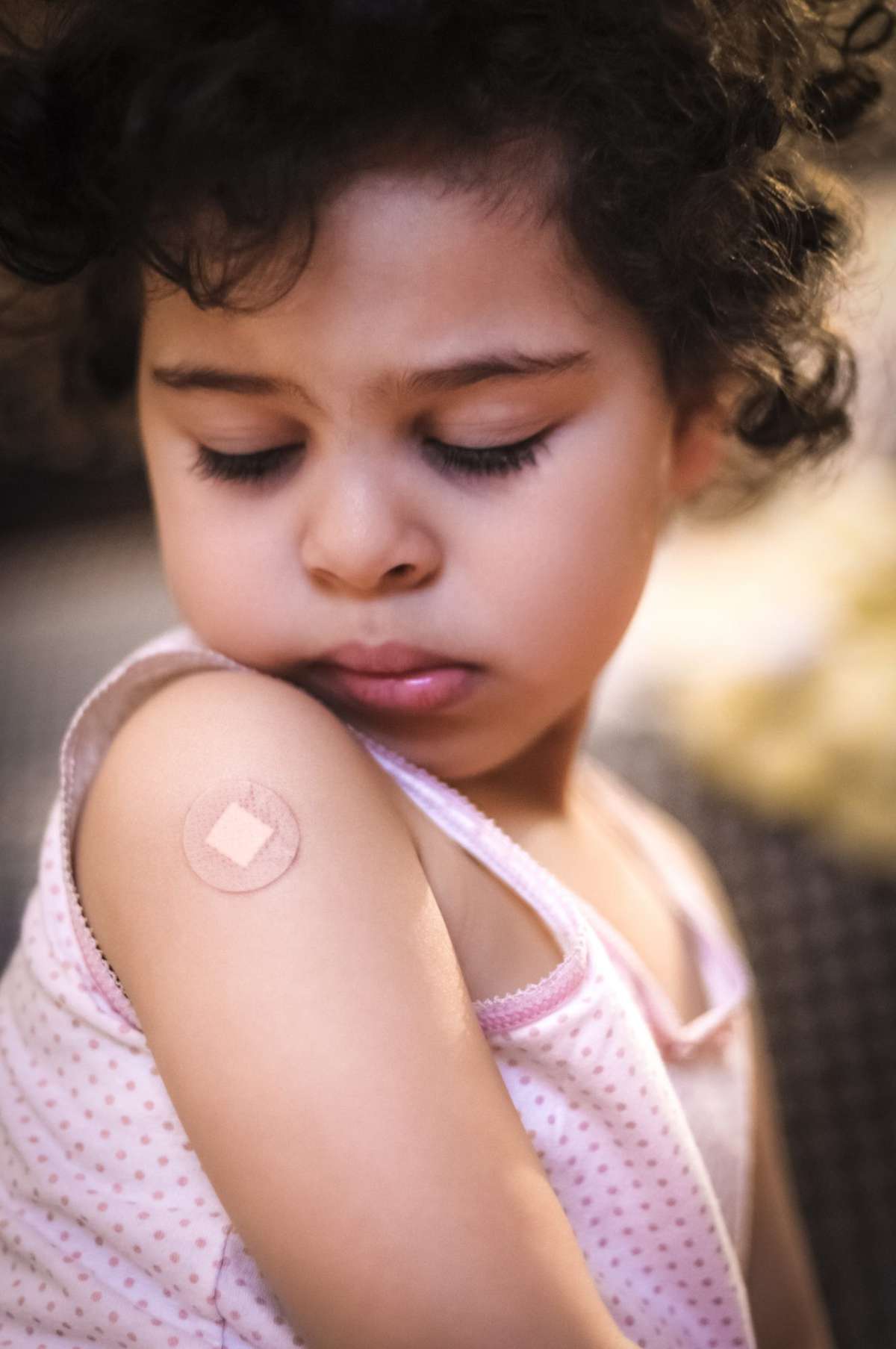When I first heard about the recent measles outbreak in Minnesota—the largest the state has seen in three decades—I started to worry about my wellbeing and the wellbeing of people like me. Or maybe it’s more accurate to say that I started worrying even more than usual.
It wasn’t that I thought I was at any risk of coming down with measles myself. I’m relatively young, relatively healthy, and vaccinated. But I am autistic—a fact that has nothing to do with those aforementioned vaccinations—and I know how harmful the fallout from these outbreaks can be for my community. Each one comes with yet another round of debates about the (nonexistent) relationship between vaccines and autism, and whether or not autism is worse than measles. Seeing your worth as a human being debated in this manner becomes more exhausting and demoralizing with each new iteration.
RELATED: 9 Things You May Not Know About Autism
I am truly concerned about the significant threat that the anti-vaccination movement poses to public health. Their decade-long campaign within Minnesota’s Somali-American community is directly responsible for the current outbreak there.
But I am even more troubled by the threat that their message poses to autistic lives. When anti-vaxxers argue that it’s better to possibly expose your child to thoroughly preventable and potentially deadly illnesses than possibly “give” them autism, they’re not just threatening the herd immunity that comes with sufficient vaccination rates. They’re also perpetuating painful stereotypes about autism that put an already embattled population in even greater danger.
The problem with anti-vaccine scare tactics
The anti-vaccine argument is wrong in both the scientific and moral sense. First, there is absolutely no scientific evidence that vaccines cause autism. The infamous 1998 study linking the MMR vaccine to autism was completely discredited and retracted by the medical journal that published it in 2010 and no other study has been able to replicate the results.
RELATED: 12 Myths and Facts About Vaccines
It’s also, at best, callously cruel to suggest that contracting measles is preferable to having autism. I don’t say this flippantly. I am well aware that autism comes with many challenges and complications—I face them every day of my life—and that our society doesn’t offer enough in the way of acceptance and support for us or for our loved ones.
But I also know that our lives have meaning and value, and being autistic is still infinitely preferable to being dead. (Yes, people die of measles.) It’s better than knowingly putting vulnerable people at risk for illnesses that modern science has the power to prevent, too.
To argue otherwise it to willingly expose autistic people to greater peril than we already face. This is not hyperbole. Studies have shown that our rates of anxiety, depression, and suicidal ideation are higher than in the non-autistic population. While there are many complex reasons for these correlations, I can tell you from personal experience with all of the above that society’s negative view and treatment of autism is definitely a factor.
Navigating a world that wasn’t built for people like us and still offers little in the way of true autism acceptance is hard enough to deal with on a daily basis. Adding the fact that 58 people and counting in Minnesota are currently infected with measles because no one wanted a child anything like you only adds to those issues.
Knowing that there are people out there who genuinely believe that having a child die of measles is better than having an autistic child is nothing short of devastating. This makes the anti-vaccination message a direct threat to our very lives.
RELATED: 7 Things Autistic People Want You to Know
There are better places to put our energy
The movement also harms us by wasting resources that might otherwise go to actually helping autistic people instead of clinging to a conspiracy that makes people fear us. Every time the scientific community is forced to prove, once again, that vaccines don’t cause autism, that potentially takes time and effort away from autism-related research that could improve our quality of life. Every time autistic people are forced to make arguments like the one I’m making right now, it depletes energy (or “spoons”) that we could otherwise apply to advocating for ourselves in more constructive ways—or simply getting through another day.
Imagine what could be possible for autistic people and their families if, instead of offering a $100,000 prize to anyone who can prove that vaccines are safe, Robert F. Kennedy Jr. and Robert De Niro invested that money in services that could improve the quality of the lives that they think are so tragically altered by autism? What if someone had addressed the concerns of Minnesota’s Somali-American community by trying to improve the diagnosis and treatment of autism in that community, instead of preying on their fears?
If people put even half of the time, money, and activism into helping autistic people that they do into chasing conspiracy theories, it could change and save lives. That’s because if autistic people and their families were provided with better support and true acceptance, we would flourish. And if we had better outcomes, parents would have a lot less to fear when it came to decided whether or not they want to trust science and vaccinate their children.
